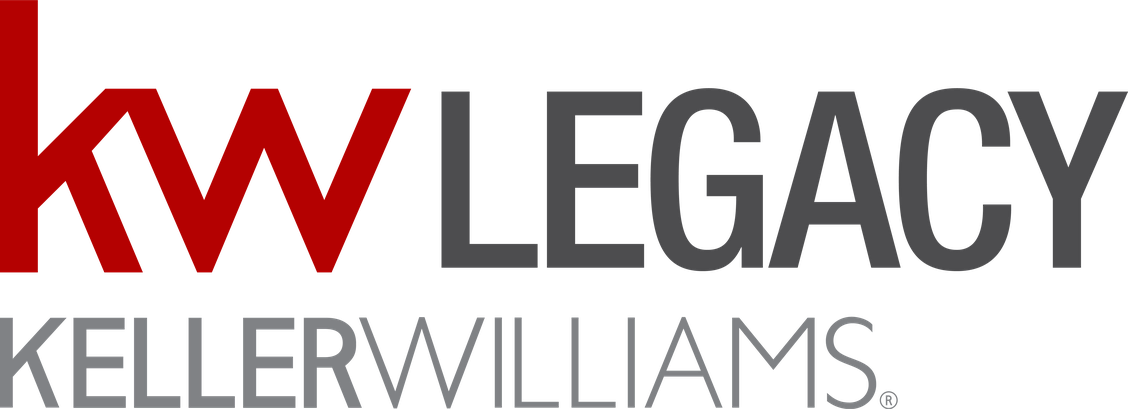Throughout the course of your home-buying experience, you’ve probably spent a lot of time with your real estate agent and you’ve gotten to know each other fairly well. There’s no reason to throw all that trust and rapport out the window just because the deal has closed. In fact, your agent wants you to keep in touch.
Even after you close on your house, you agent can still help you:
Handle your first tax return as a home owner.
Find contractors to help with home maintenance or remodeling.
Help your friends find homes.
Keep track of your home’s current market value.
Attention to you home’s maintenance needs is essential to protecting the long-term value of your investment.
Home maintenance falls into two categories:
Keeping it clean: Perform routine maintenance on your home’s systems, depending on their age and style.
Keeping an eye on it: Watch for signs of leaks, damage, and wear. Fixing small problems early can save you big money later.












